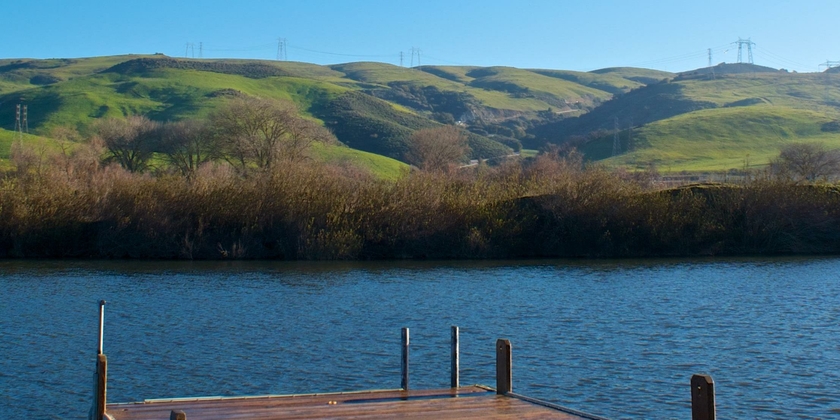Department Environmental Social Sciences
Cost-effectiveness analysis of water quality improvement measures (iWaQa project)

This research has contributed to the NRP 61 project on Integrated River Water Quality Management (iWaQa). Its main objective was to conduct a cost-effectiveness analysis of a number of different measures for reducing chemical water pollution in the Mönchaltorfer Aa river basin in the Canton of Zurich. The measures for achieving water quality improvement that were considered in this study included both urban water and agricultural management alternatives. The former group of measures comprised a ban on the use of biocides in façades, increasing permeable surfaces, rainwater retention, extending the volume of combined sewer overflow tanks, and upgrading of wastewater treatment plants to reduce the load of micropollutants. Agricultural measures embraced replacing intensive agriculture by organic farming, stocking of riparian areas, and converting the study area into a nature park. The cost-effectiveness analysis consisted of two steps: 1) cost assessment of different measures, including the associated uncertainty of cost estimates and 2) potential water pollution reduction that would be achieved by implementing each of these management alternatives (with the help of collaborators in the project). Finally, the costs of each measure were compared with its expected effects in terms of water pollution reduction. Moreover, each management alternative was assessed under the current socio-economic conditions as well as under four different future scenarios with a time horizon until 2050. The future scenarios varied according to the assumptions made about climate change, economic conditions, demography, land-use change and infrastructural development. The results suggest that future water quality depends mostly on the socio-economic conditions and management alternatives while climate change has a weaker influence. The cost-effectiveness analysis shows that agricultural measures (like switching to organic farming or proclaiming the catchment area a natural park) would be considerably more expensive to implement than urban water management measures under different socio-economic scenarios.


